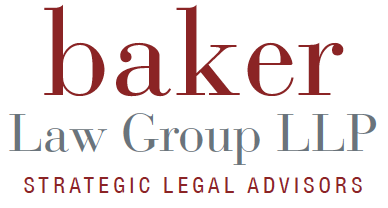Is Failure to Pay Wages Equal to Wage Theft?
California and Federal law requires employees to be paid for work performed, in the amount of at least the minimum wage, as well as any applicable overtime. Unfortunately, many employees are not paid at the rates they should be. Many believe that when employers do this, it is tantamount to stealing their workers wages because the employees have rightfully earned them, making the wages the property of the employee. By keeping this property it is no different than taking the money right out of their wallet.
The California Labor Commissioner in particular is fond of using the expression wage theft. In a recent case the commissioner filed a mechanic’s lien to recover more than $240,000 in unpaid wages from 31 construction workers at a Holiday Inn Express in Eureka California. The construction contractors were not properly licensed contractors, and had been purposefully misclassified as independent contractors in order to avoid properly paying them for every hour worked and to avoid paying overtime.
This action was taken as a part of the Labor Enforcement Task Force (LETF), an agency formed by members of the Labor Commissioner and Cal-OSHA offices to tackle labor and employment law violations in the underground economy. The complaint against the employer was first filed to the LETF by the local Carpenters Union.
The investigation also uncovered significant workplace safety violations, including unsafe scaffolding, ladders, and training, which totaled up to $27,000 alone in workplace safety citations on top of the $247,681 in unpaid wages. One reason the amount of unpaid wages was so high for workers on this single project is because the workers were paid with checks that bounced, and the employer also violated meal and rest break requirements.
The mechanic’s lien placed on the property will be used to ensure that the workers will be paid for all the time they are owed, and that the fines and assessments for the violations of the labor code are also paid off.
This case shows the problems of working in the underground economy. Business who try to operate under the radar of regulatory agencies often do so in order to cheat their workers and avoid paying income taxes. If your employer has committed wage theft against you, contact the experienced California employment attorneys of Baker Law Group, LLP today. Call (858) 452-0093 to schedule a free consultation.
